Keywords: Fiducia Supplicans
-
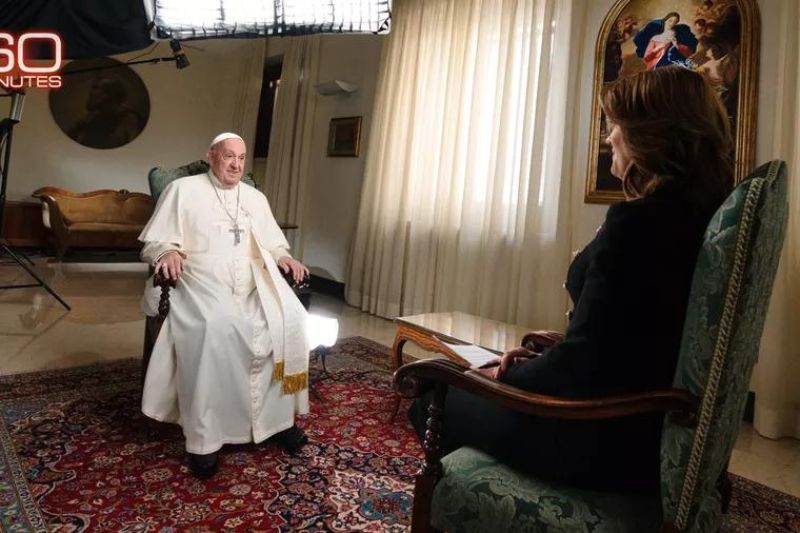
RELIGION
In a 60 Minutes interview, Pope Francis was asked whether there would ever be the prospect within the Catholic Church of a woman being ordained as a deacon. The Pope’s reply was a blunt ‘No’. This negative response came as a surprise to many Vatican watchers.
READ MORE
-
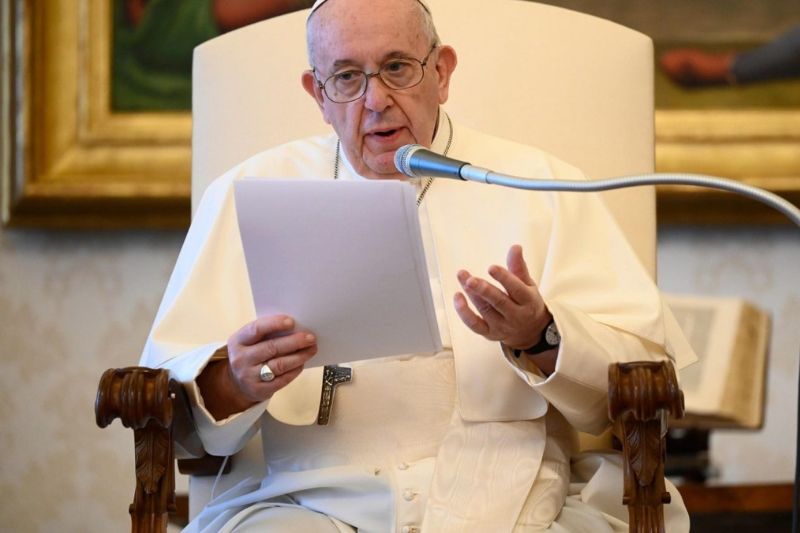
RELIGION
The recent Vatican declaration 'Dignitas Infinita' aims to provide a response to pressing bioethical and social issues, from abortion and euthanasia to gender theory and the rights of migrants. But does it effectively bridge the gap between doctrine and the lived experiences of the marginalised?
READ MORE
-
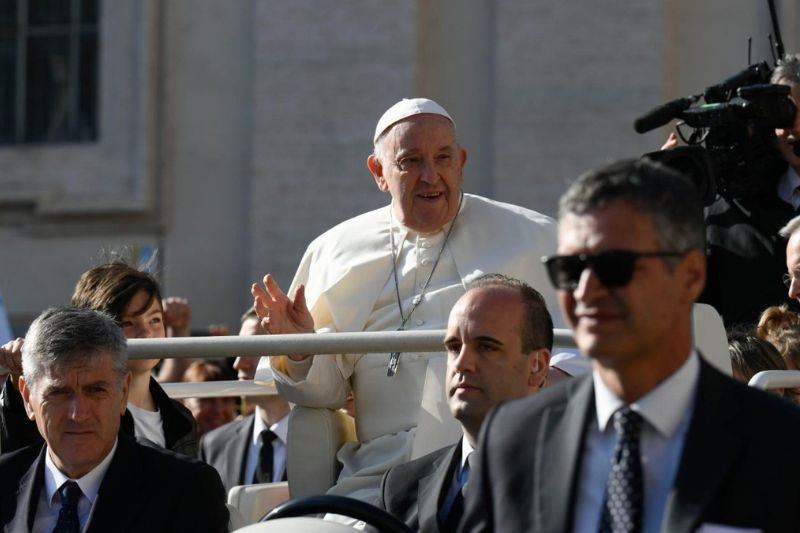
RELIGION
- David Kirchhoffer
- 18 April 2024
9 Comments
Though there are few surprises in Vatican document 'Dignitas Infinita', this summary of Pope Francis’s moral theology on dignity invites a reevaluation of our shared humanity in the face of an increasingly complex ethical landscape.
READ MORE
-
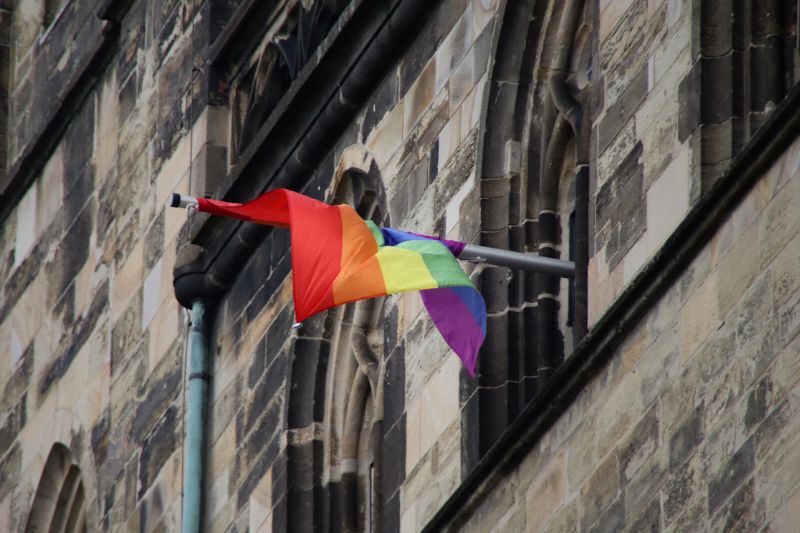
RELIGION
- John Warhurst
- 13 March 2024
7 Comments
The Vatican's decision to let priests bless couples in 'irregular relationships' has sparked diverse reactions within the Australian Church, revealing the complex interplay of faith and cultural diversity within Australia’s Church communities.
READ MORE
-
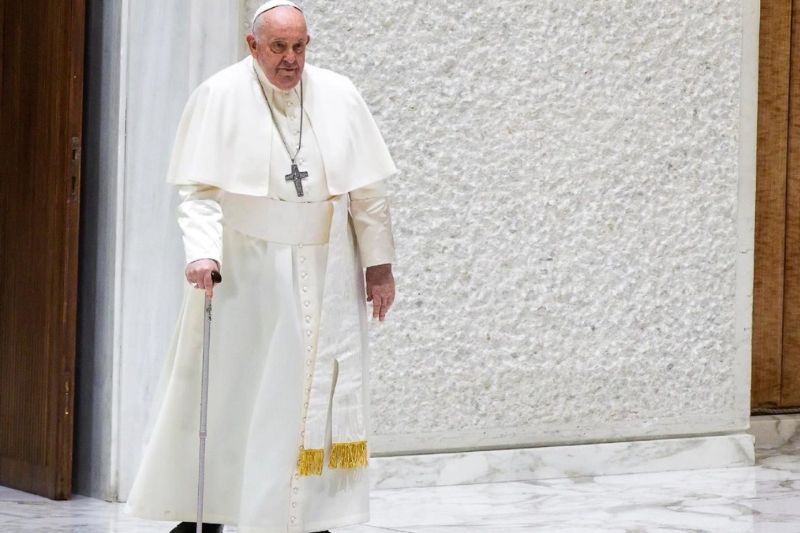
RELIGION
In December, the Vatican issued ‘Fiducia Supplicans’ (‘Supplicating Trust’), licensing priests to bless partners in same-sex and other ‘irregular’ relationships (divorced and remarried couples, couples ‘living in sin’, etc ) when they are approached in good faith.
READ MORE